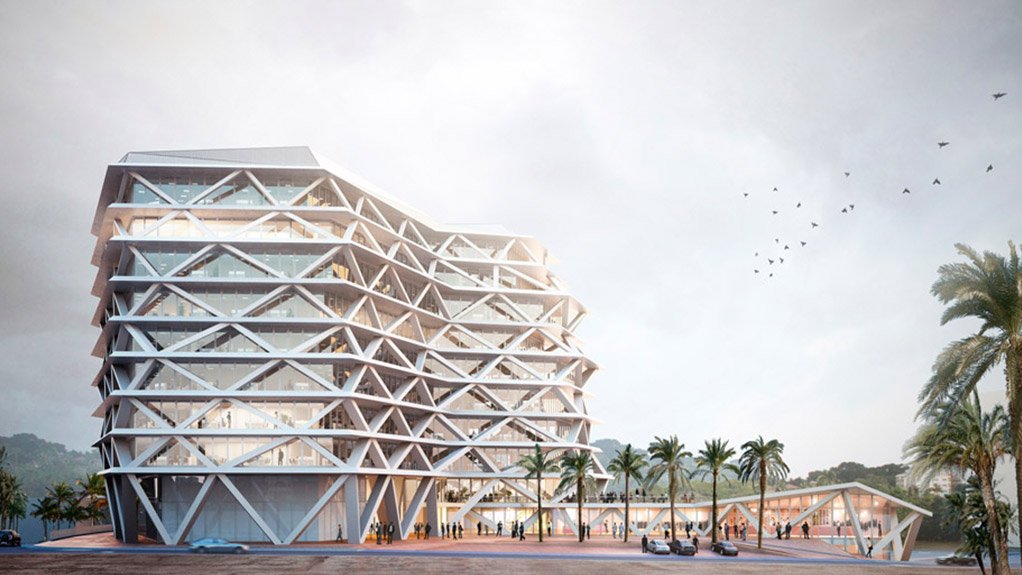With cities contributing about 70% of the world’s energy-related greenhouse-gas emissions, but only occupying 2% of land, sustainability has become one of the most significant drivers for growth, and would become entrenched in building design and occupier requirements.
This was one of the findings in advisory firm PwC’s 'Real Estate: Building the Future of Africa 2015' report.
Led by PwC Africa real estate leader Ilse French, the report found that, in some countries where new cities were being built, developers were using eco-friendly technologies to reduce the environmental impact of the infrastructure. It was expected that 60% of all new commercial developments globally would be green developments.
These technologies included solar building integration, climate responsive building strategies, renewable building materials, recycling and reusing materials, ecological building materials, an integrated planning process, low-cost design and the use of innovative design tools.
An example of this was the $40-million One Airport Square development in Accra, Ghana. The joint venture between investment firm Actis and Myma Belo Osagie of Boston Investments, developed by Laurus Development Partners, used a number of green initiatives such as concrete overhangs that cast shadows on the glass façade – reducing thermal gain – and rainwater harvesting.
Further, parts of the building would be naturally ventilated through a central atrium. This would be Ghana’s first certified green commercial building.
The report also stated that according to Horizon Capital Commercial Property’s investment update for 2014, more developers and large corporate tenants were insisting on green buildings, owing to clear operational and economic benefits, as well as benefiting the corporate’s bottom line. Green buildings achieved a total return of 15.9%, while other buildings achieved only 14.2%.
GREEN LEADER
According to the 'World Green Building Trends' report, South Africa had the biggest share of green buildings on the continent.
Thirty-six per cent of developers reported planned green activity for low-rise residential projects in the country. This was most likely owing to the energy constraints facing the country, which were expected to continue driving the development of sustainable solutions.
EMAIL THIS ARTICLE SAVE THIS ARTICLE
To subscribe email subscriptions@creamermedia.co.za or click here
To advertise email advertising@creamermedia.co.za or click here











